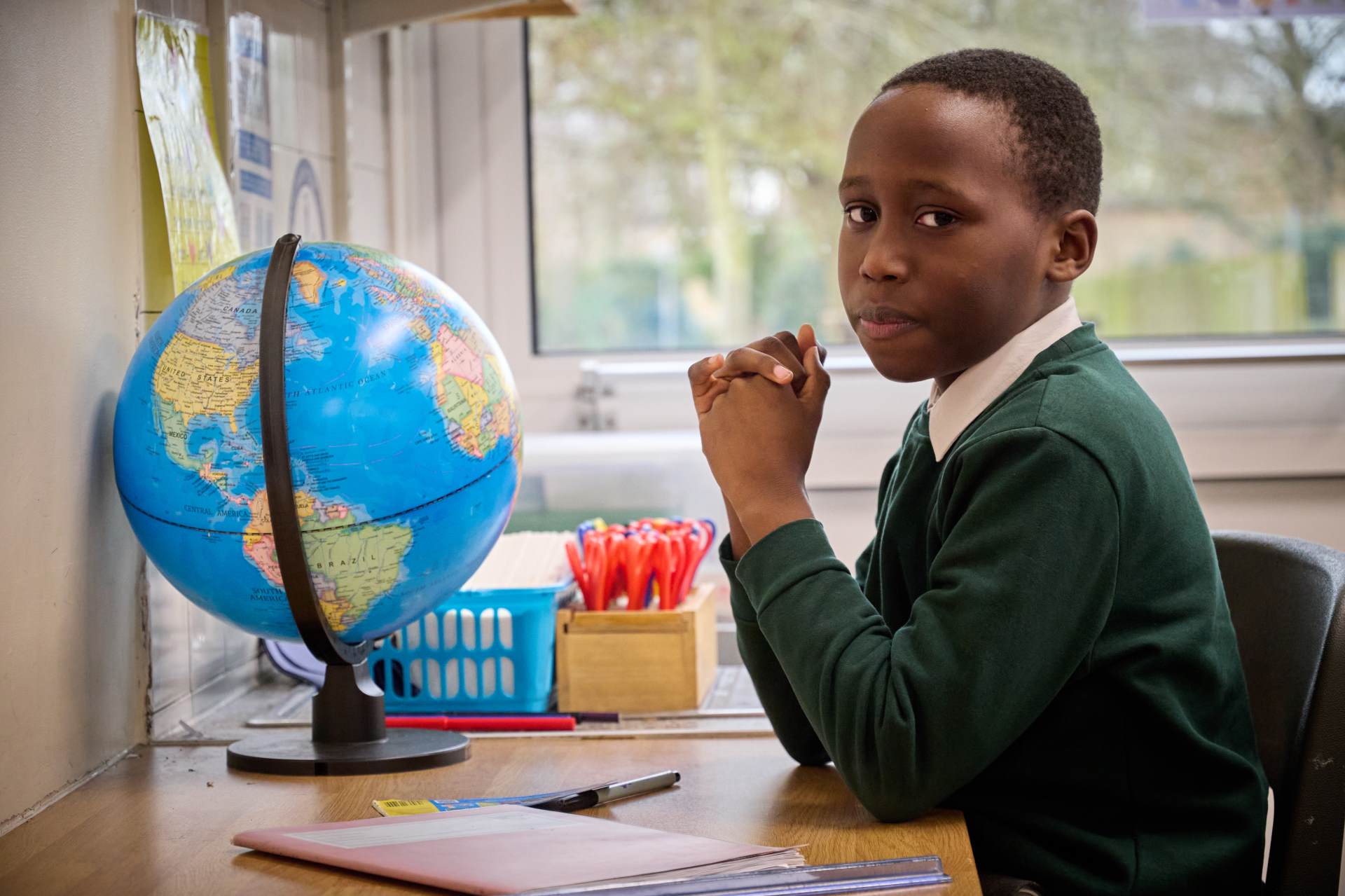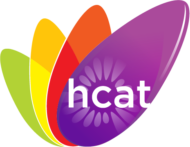Geography

Intent
We intend that by the time children leave Malton Primary Academy they can talk confidently about the world they live in. They will know their local area, their country and their world. They will know what many areas of the world are like and why they are like that. They will also know how the world and themselves are inextricably linked. Through our ambitious Geography curriculum, we aim to foster respect for the planet and its inhabitants. As our school is situated in a catchment area of moderate deprivation, it is our intention that children get out and about completing fieldwork in the local area, thus developing cultural capital.
Implementation
Our ambitious Geography curriculum follows the National Curriculum and has been contextualised so children learn about the wider world as well as the world at the end of their garden path. Teachers use discrete Geography lessons to teach the necessary skills and knowledge. Where relevant teachers make opportunities for children to apply their mathematical knowledge and skills in geographical contexts. Lessons begin with revisiting locational and place knowledge. They then learn the new knowledge and have time to practise and apply that knowledge. Each unit of work children is designed to build knowledge and conceptual understanding over their time at school.
Children begin learning Geography in our Early Years settings where they have opportunity to experience the natural world, making observations and asking questions about places familiar to them: their room, their school, their road, their classroom Using well-chosen texts as a driving force, they are given opportunities to learn about life and people in other places which is done through provision, local learning walks and focussed sessions. They begin to create maps and describe places which prepares them for KS1.
In KS1 Geography begins with understanding location, representations using maps and develops understanding of the local environment. Children investigate different locations where contrasts and comparisons can be made. Children learn basic geographical terms and vocabulary, such as equator and continent, which they will use more frequently as they progress into KS2. They will be taught a distinction between human and physical geography.
In KS2 the curriculum progressively builds concepts such as settlement, location and land use and furthers their knowledge of different climates throughout the world. They will use maps of differing scales and with differing foci. They are taught fieldwork skills through enquiries to into local environments such as towns, cities and rivers.
Impact
Children will enjoy discovering the places and peoples of our world and the way these two interconnect. They will be able to share their learning using geographical vocabulary and explain the fieldwork they have undertaken. They will understand the impact of humans on the world and the impact of the world and its many environments on the lives of people. They will leave primary school with a good conceptual grounding ready for their secondary education, being able to communicate their knowledge in clear and concise ways.
Further Information




